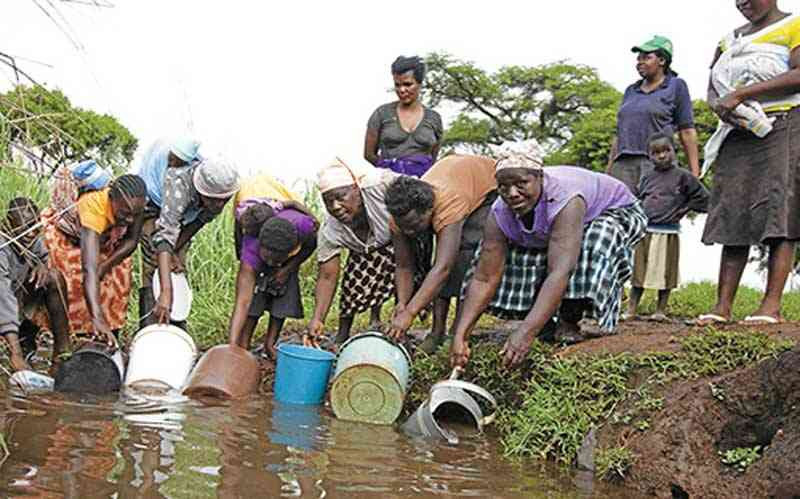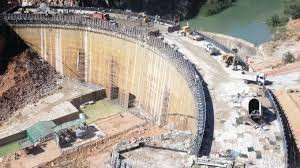
ZIMBABWE is teetering on the edge of a humanitarian catastrophe, yet its government continues to respond with a level of inaction that borders on indifference.
The latest data from Unicef paints a dire picture: by the peak of the 2025 hunger season, an estimated seven million people — nearly half the population — will be food insecure.
That’s up from four million just last year, a staggering escalation that demands urgent and coordinated national leadership.
Instead, the response has been marked by delays, piecemeal interventions and a heavy reliance on overstretched aid agencies.
At the heart of this growing emergency lies the devastating impact of the 2024 El Niño climate pattern, which brought widespread crop failures, decimated livestock and dried up water sources across the country.
This climate-fuelled drought has left six million rural residents and 1,7 million people in urban areas struggling to access enough food.
Vulnerable groups — especially children and the elderly — are being pushed to the brink of survival.
Many households have been reduced to eating just once a day.
- More action needed to stem child marriages
- Child marriage: A heavy cost for young girls in Africa
- Feature: Cyclone Idai victims struggling with mental health challenges
- Child marriage comes with a heavy cost
Keep Reading
The numbers alone are haunting: Zimbabwe ranks 108th out of 127 countries in the 2024 Global Hunger Index, with a score of 27.6 — a level of hunger classified as “serious”.
Behind this data are real lives unravelling, futures stolen by a crisis that was foreseeable and, to some extent, preventable.
The humanitarian crisis does not end with food insecurity.
The country is also grappling with multiple public health emergencies, including a cholera outbreak exacerbated by poor sanitation and inadequate access to clean water.
Informal settlements in farming, fishing and artisanal mining communities are the hardest hit.
As of April 30, there were 740 confirmed cholera cases and 20 deaths.
Meanwhile, common diarrhoeal diseases have infected over 125 000 people this year, with dozens dead.
Malaria is also on the rise in several provinces and health systems remain ill-equipped to respond.
Yet amid these compounding crises, government’s leadership has been largely reactive, its efforts fragmented and under-resourced.
It is Unicef — not the State — that has trained more than 1 100 health workers in cholera response and scaled up life-saving nutrition programmes in the 18 worst-hit districts.
It is Unicef that is supplying emergency learning facilities and helping prevent the collapse of a school system already battered by storm damage and widespread absenteeism.
Where is the national strategy? Where is the political will?
Yes, El Niño may be a force of nature, but the scale of suffering we are now witnessing in Zimbabwe is a direct result of institutional neglect and lack of preparedness.
Hunger this widespread does not happen overnight — it grows when early warnings are ignored, when public health systems are left to decay and when communities are abandoned to cope alone with climate shocks.
Government must face this crisis with the urgency it demands.
That means not only expanding emergency food aid and health services, but investing in climate-resilient agriculture, clean water infrastructure and sustainable social safety nets.
It means restoring trust by working transparently with humanitarian partners and listening to the communities most affected.
Every day that passes without bold action condemns more Zimbabweans — especially the young and the old — to hunger, illness and lost opportunity.
The window to prevent this emergency from becoming a full-blown disaster is rapidly closing.
The time to act was yesterday.
The second-best time is now.






